Water is life’s quiet companion, flowing through every cell and supporting every function in our bodies. Yet, amidst busy days and endless distractions, it’s easy to overlook one of the simplest yet most vital habits: drinking enough water. While thirst might seem like an obvious signal, your body often whispers its need for hydration in subtler, sometimes surprising ways. Recognizing these signs early can make all the difference between feeling sluggish and thriving with vitality. In this article, we’ll explore the less obvious clues that suggest you might not be giving your body the water it truly needs.
Table of Contents
- Signs Your Body Is Crying Out for More Water
- How Dehydration Impacts Your Energy and Focus
- Recognizing Skin Changes Linked to Inadequate Hydration
- The Hidden Connection Between Headaches and Water Intake
- Simple Strategies to Boost Your Daily Water Consumption
- When to Seek Medical Advice for Chronic Dehydration
- Q&A
- Insights and Conclusions

Signs Your Body Is Crying Out for More Water
When your body starts sending subtle distress signals, it’s crucial to pay attention before dehydration takes a firmer hold. Common symptoms include:
- Dry mouth and chapped lips – your first alert to lack of hydration.
- Frequent headaches – dehydration reduces blood flow and oxygen to the brain.
- Dark yellow urine – a telltale sign your kidneys are conserving fluid.
Below is a quick reference guide to gauge your hydration status against some common body clues:
| Symptom | What It Means |
|---|---|
| Fatigue | Lower blood volume affects energy delivery |
| Dizziness | Blood pressure drops with fluid loss |
| Muscle Cramps | Electrolyte imbalance from dehydration |
Understanding these signals can help you take proactive steps, ensuring hydration supports your overall well-being rather than diminishing it silently throughout the day.

How Dehydration Impacts Your Energy and Focus
Even mild dehydration can have a surprisingly strong effect on your brain’s ability to function. When your body lacks sufficient water, cognitive functions such as attention, memory, and reaction time begin to suffer. This is because water is essential for maintaining optimal blood flow and oxygen delivery to the brain. Without enough hydration, neurons struggle to communicate efficiently, leading to increased feelings of fatigue and mental fog. You might notice yourself zoning out during tasks that normally require little effort or feeling unusually irritable and less motivated to stay focused throughout the day.
In addition to the mental drain, dehydration causes a cascade of subtle physical symptoms that interfere with your productivity. Here’s what might be happening behind the scenes:
- Reduced blood volume, which impairs nutrient transport and slows down your metabolism.
- Electrolyte imbalances that disrupt nerve signaling essential for alertness.
- Lower brain temperature regulation, making it harder to maintain peak concentration levels.
| Symptom | Effect on Energy | Effect on Focus |
|---|---|---|
| Headache | Drains energy | Distracts attention |
| Dizziness | Causes fatigue | Impairs decision-making |
| Dry Mouth | Triggers sluggishness | Reduces cognitive clarity |
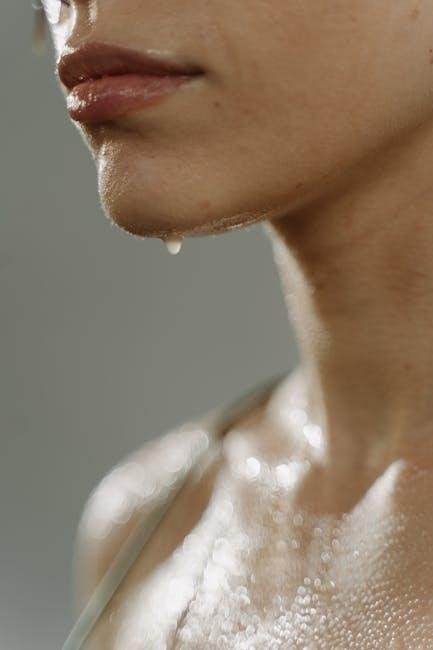
Recognizing Skin Changes Linked to Inadequate Hydration
When your skin starts sending subtle distress signals, it’s often a call for more hydration. Dryness, flakiness, and a rough texture can all point to your body craving moisture. Pay attention to premature fine lines or an ashen complexion—these are signs your skin’s natural barrier is compromised and struggling to retain water. Dehydrated skin sometimes loses its natural plumpness, leaving it looking dull and tired even after a full night’s sleep.
Here are some common skin changes that can arise from insufficient water intake:
- Increased sensitivity and redness
- Itchiness that won’t go away
- Visible cracks in rough patches
- Slow healing of minor wounds
- Uneven tone and patchiness
| Skin Symptom | Hydration Remedy | Expected Improvement |
|---|---|---|
| Dullness | Increase water intake to 8 glasses/day | Within 3 days |
| Flaking | Apply hydrating moisturizer + drink water | 1 week |
| Fine lines | Consistent hydration paired with serum | 2 weeks |

The Hidden Connection Between Headaches and Water Intake
Dehydration is a surprisingly common cause behind those nagging headaches that many chalk up to stress or poor posture. When your body lacks sufficient water, blood volume decreases, causing reduced oxygen flow to the brain. This triggers a chain reaction where brain tissues temporarily shrink, pulling on surrounding membranes and nerves, ultimately resulting in pain. Recognizing that fluid intake directly influences this mechanism can be a game-changer in managing and preventing frequent headaches.
Consider these tell-tale signs that your water consumption might be falling short:
- Dull, persistent pain: Unlike migraines, dehydration headaches often feel like a constant, pressure-like sensation.
- Increased thirst: A natural reminder from your body signaling the need for hydration.
- Dry mouth or fatigue: Subtle yet significant indicators that your hydration levels are low.
| Symptom | Dehydration Headache | Other Headaches |
|---|---|---|
| Nausea | Rare | Common |
| Pain Location | Generalized | Specific Areas |
| Response to Water | Improves Quickly | Varies |
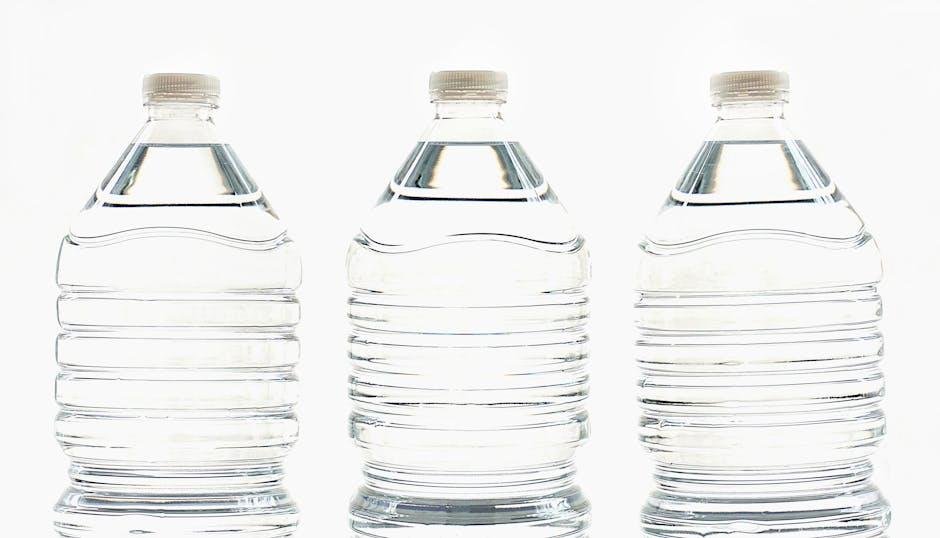
Simple Strategies to Boost Your Daily Water Consumption
Increasing your daily water intake doesn’t have to be a chore. Start by incorporating small habits that make hydration effortless and enjoyable. For example, keep a stylish water bottle within arm’s reach wherever you spend most of your time, whether at work or home. Setting gentle reminders on your phone or using hydration apps can nudge you to take sips regularly without interrupting your workflow. Spice things up by infusing water with slices of citrus fruits, cucumber, or fresh herbs like mint—making every glass a refreshing treat.
Another practical approach is to pair your water drinking with existing routines. Here are a few simple strategies to try:
- Morning motif: Drink a full glass of water as soon as you wake up to jumpstart your metabolism.
- Meal-time hydration: Always have a glass beside you during meals to build the habit consistently.
- Activity ally: Hydrate before, during, and after workouts to replenish lost fluids sustainably.
| Time of Day | Recommended Glasses |
|---|---|
| Morning | 2 |
| Afternoon | 3 |
| Evening | 2 |
| Before Bed | 1 |

When to Seek Medical Advice for Chronic Dehydration
If you notice symptoms persisting despite increasing your fluid intake, it’s essential to pay close attention to your body’s signals. Persistent dizziness, confusion, rapid heartbeat, or very dark urine could signal a more serious underlying issue that requires professional evaluation. In particular, individuals with chronic illnesses, older adults, or those taking medications that affect fluid balance should consult a healthcare provider promptly to prevent complications from prolonged dehydration.
Several red flags point toward the need for urgent medical care:
- Severe headaches coupled with dry mouth and fatigue
- Sudden weakness or fainting episodes
- Persistent confusion or irritability that doesn’t improve with hydration
- Little to no urine output over 8-12 hours
| Symptom | Possible Concern | Action |
|---|---|---|
| Severe dizziness | Hypovolemia | Seek emergency care |
| Confusion | Electrolyte imbalance | Visit a doctor promptly |
| No urine output | Kidney dysfunction | Immediate medical attention |
| Rapid heartbeat | Dehydration-induced stress | Consult healthcare provider |
Q&A
Q: How can I tell if I’m not drinking enough water?
A: Your body has subtle ways of signaling dehydration. Common signs include feeling unusually thirsty, dry mouth, dark yellow urine, and infrequent urination. If you notice these, it’s a quiet nudge to sip more water.
Q: Are headaches a sign of dehydration?
A: Yes, headaches can often be linked to not drinking enough water. When your brain temporarily contracts from fluid loss, it can trigger pain. Staying hydrated helps keep those throbbing discomforts at bay.
Q: What about fatigue—could that mean I’m dehydrated?
A: Absolutely. Water is essential for energy production and circulation. If you’re feeling persistently tired or sluggish, dehydration might be draining your vitality.
Q: Can dehydration affect my skin?
A: Certainly. Dry, flaky, or tight skin can indicate your body is low on water. Proper hydration keeps your skin plump, elastic, and glowing by maintaining moisture balance.
Q: Is feeling dizzy a possible sign of low water intake?
A: Yes, dizziness or lightheadedness can occur when dehydration causes a drop in blood volume and pressure. Drinking more water can help stabilize these symptoms.
Q: How can bad breath be connected to not drinking enough water?
A: Dehydration reduces saliva production, which helps wash away bacteria. Less saliva means bacteria thrive, leading to unpleasant breath odors.
Q: If I’m constipated, could that be due to insufficient water?
A: Indeed. Water is vital for digestion and bowel movements. Without enough fluids, stools become hard and difficult to pass, causing constipation.
Q: Are muscle cramps linked to water intake?
A: Yes, muscle cramps and spasms can result from dehydration, which affects electrolytes and muscle function. Proper hydration helps keep muscles relaxed and working smoothly.
Q: How much water should I drink daily to avoid these signs?
A: While individual needs vary, a common guideline is about 8 cups (64 ounces) per day—more if you’re active, in a hot climate, or ill. Listening to your body’s thirst cues is also key.
Q: What’s the best way to increase water intake if I’m not thirsty?
A: Try sipping water throughout the day, infusing it with fruits or herbs for flavor, or eating water-rich foods like cucumbers and watermelon. Making hydration enjoyable encourages consistent drinking.
Insights and Conclusions
Staying properly hydrated is more than just a daily habit—it’s a vital part of maintaining your body’s balance and vitality. If you’ve noticed any of these subtle signals, it might be time to reach for that glass of water a little more often. Listening to your body’s thirst cues isn’t always straightforward, but nurturing this awareness can lead to better health and increased energy. So next time you feel a little off, remember: sometimes, the simplest solution flows right from the tap. Drink up, and let hydration be your quiet ally in well-being.



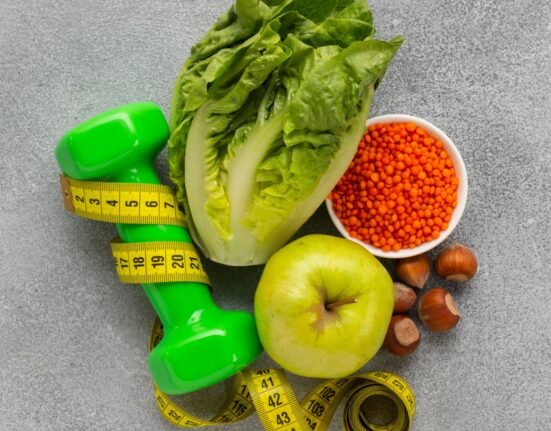
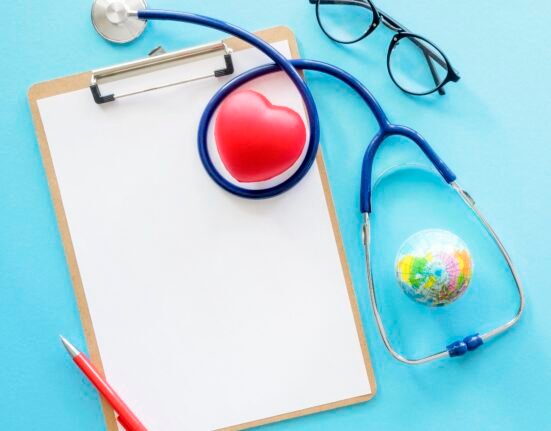

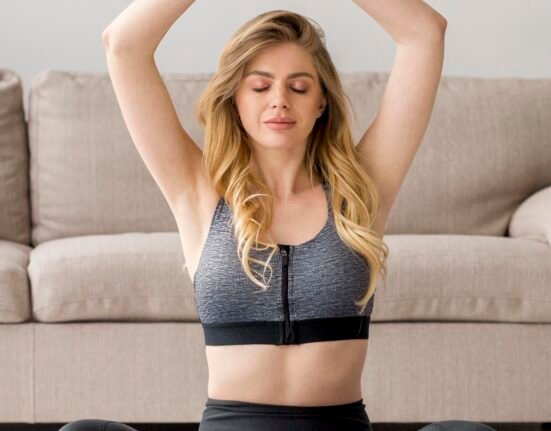





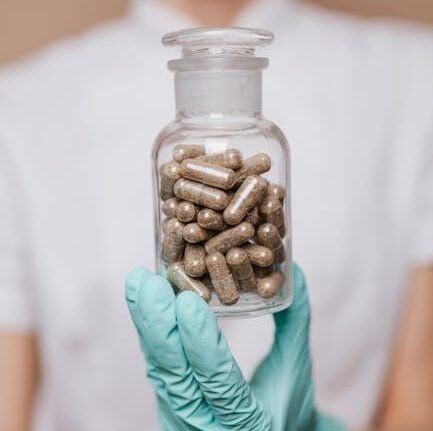
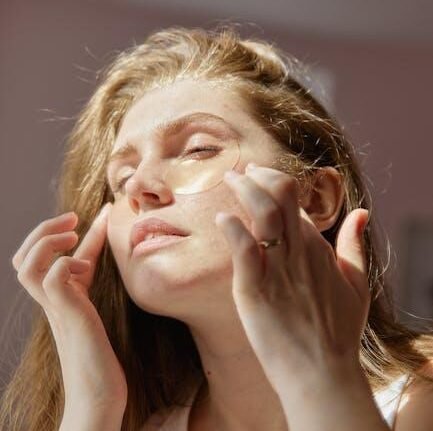
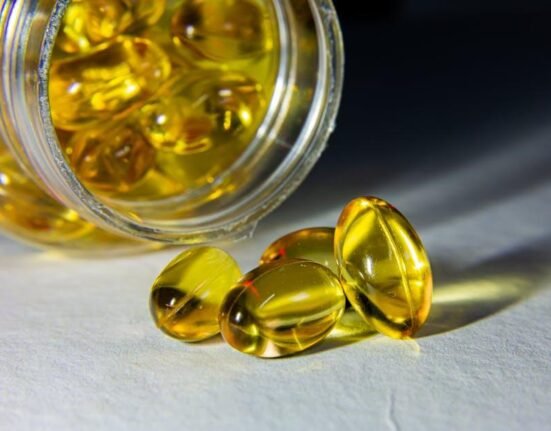
Leave feedback about this